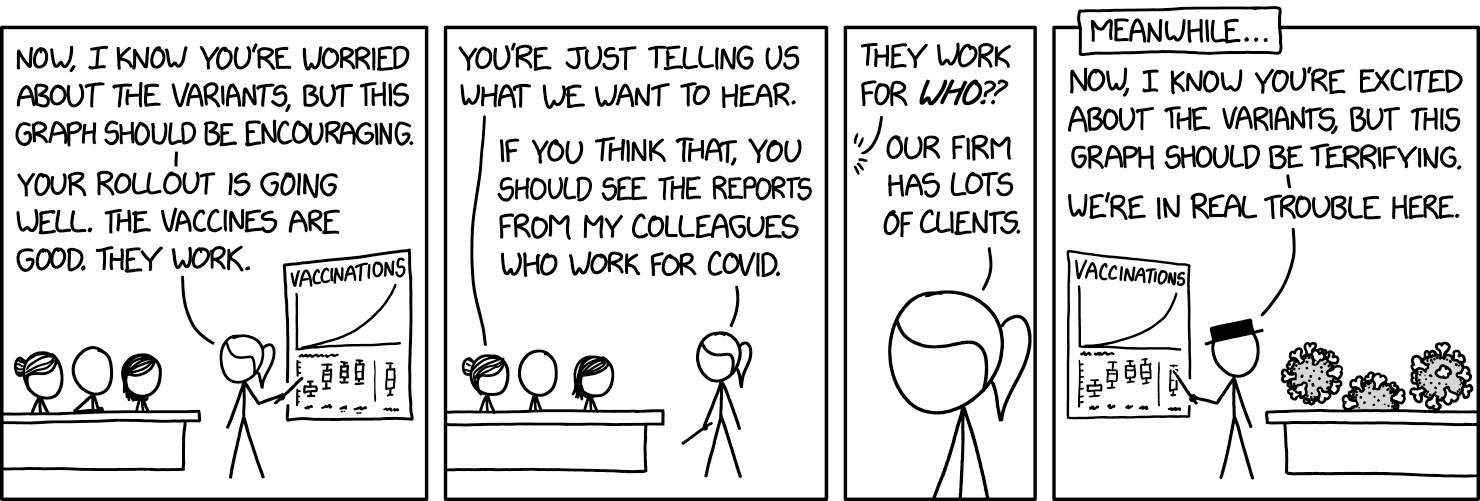It should have been a turning point; it ended up a joke.
William Bryan, acting head of the US Department of Homeland Security's Science and Technology Directorate, outlined the findings at the news conference.
While noting the research should be treated with caution, Mr Trump suggested further research in that area.
"So, supposing we hit the body with a tremendous - whether it's ultraviolet or just very powerful light," the president said, turning to Dr Deborah Birx, the White House coronavirus response co-ordinator, "and I think you said that hasn't been checked but you're going to test it.
"And then I said, supposing you brought the light inside of the body, which you can do either through the skin or in some other way. And I think you said you're going to test that too. Sounds interesting," the president continued.
"And then I see the disinfectant where it knocks it out in a minute. One minute. And is there a way we can do something like that, by injection inside or almost a cleaning?
"So it'd be interesting to check that."
Pointing to his head, Mr Trump went on: "I'm not a doctor. But I'm, like, a person that has a good you-know-what."
But the blame for what happened next (or failed to happen) did not rest with Trump alone. The ultraviolet light study and the growing evidence of aerosol transmission had perhaps the most important policy implications of any development in the pandemic up to that point. We could, at the same time, reduce transmission of the disease and greatly improve the economy just by moving as much activity as possible outdoors in daylight.
Some restaurants started offering curbside delivery and a few put in walk-up windows but these were rare exceptions. Instead, it was another lost opportunity. We could have made things better but we didn't. Yet another sign that we live in a society fundamentally disinterested in solutions.
